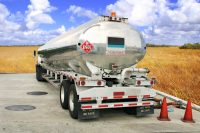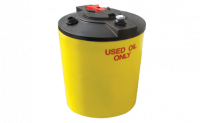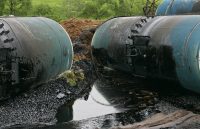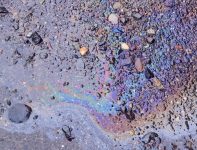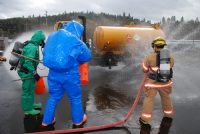Back Away from That Truck! Don’t Become a Hazmat Offeror by Accident
There is much confusion concerning who an offeror is under the Pipeline and Hazardous Materials Safety Administrations (PHMSA) Hazardous Materials Regulations (HMRs). PHMSA has numerous interpretation letters that attempt to clarify this issue for individual scenarios. We found two letters we think are pertinent to help you determine whether you are an offeror under the […]

